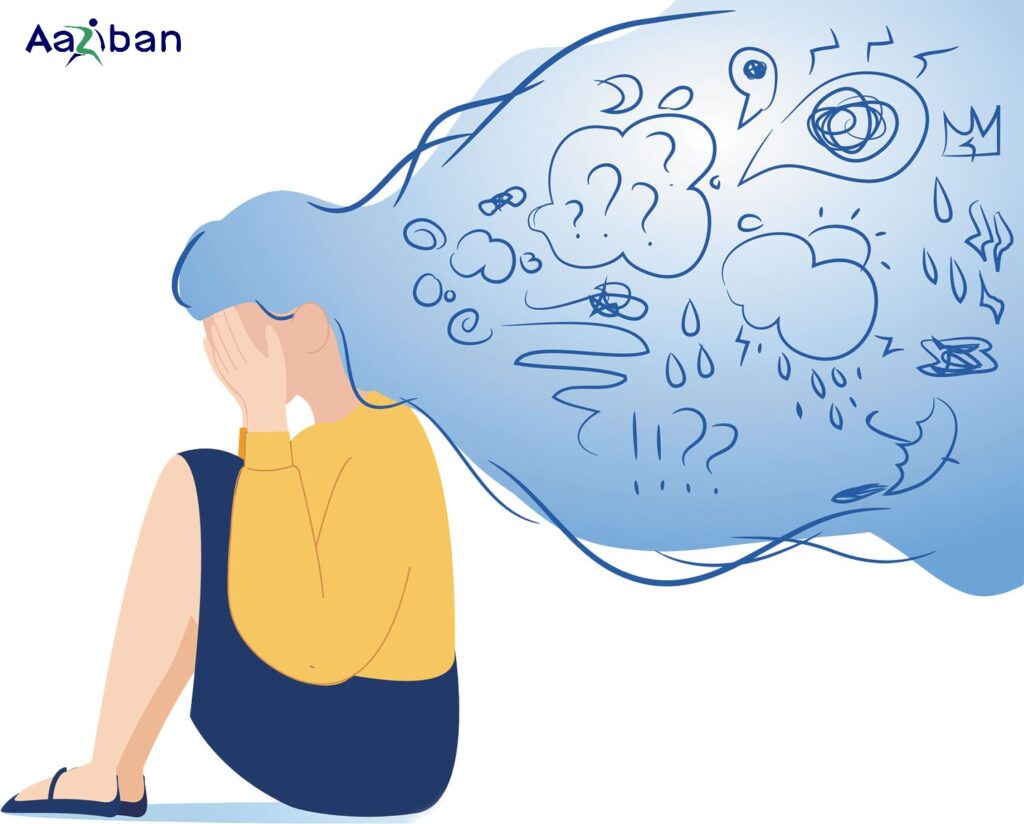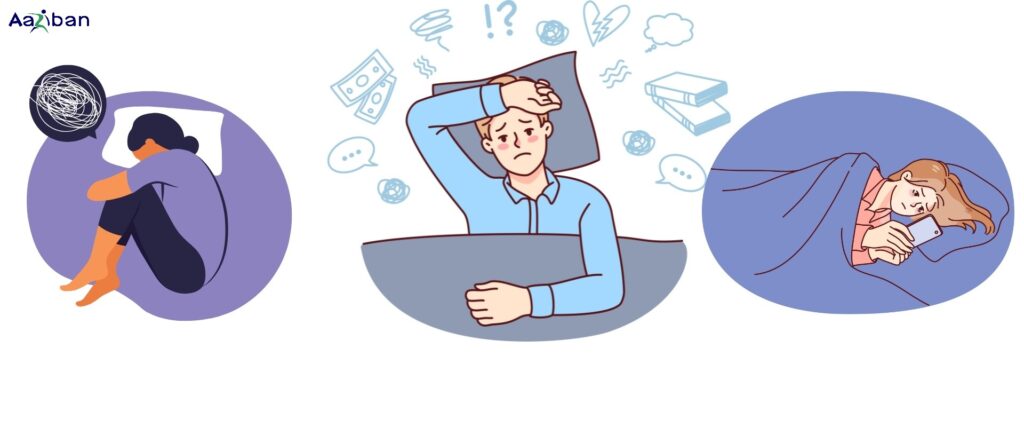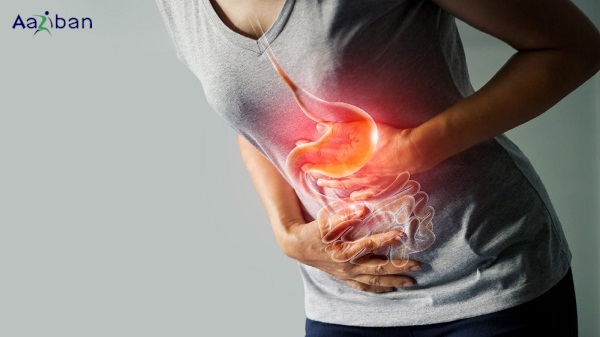Caffeine overdose happens when you consume an excessive amount of caffeine from drinks, foods, or medications. While some individuals may tolerate amounts above the recommended daily limit without immediate issues, this practice is not advisable. High doses of caffeine can lead to serious health problems, such as irregular heartbeats and seizures, and may also contribute to hormonal imbalances over time.
Anxiety

Caffeine boosts alertness by blocking adenosine, reducing tiredness. Caffeine triggers anxiety symptoms. Daily intakes over 1,000 mg cause nervousness. Moderate doses can increase stress and breathing rate. Evaluate caffeine intake if jittery often.
Insomnia

Caffeine is prized for its ability to keep us awake, yet excessive consumption can disrupt restorative sleep. Studies show higher intake increases time to fall asleep and reduce total sleep, especially in older adults. Conversely, moderate amounts generally don’t impact sleep in good sleepers or those with insomnia. Awareness of caffeine sources like coffee, tea, soda, cocoa, energy drinks, and medications is crucial. Research indicates consuming 400 mg six hours before bed, three hours before, or immediately prior delays sleep onset and increases nighttime awakenings. Balancing caffeine intake and timing is key to optimizing sleep quality.
Digestive issue

Coffee’s ability to stimulate bowel movements is well-known, attributed to the release of gastrin, a stomach hormone that accelerates colon activity. Interestingly, decaffeinated coffee can also provoke this response. Excessive caffeine intake can lead to loose stools or diarrhea in some individuals due to its laxative effect.However, caffeinated beverages, particularly coffee, might exacerbate gastro esophageal reflux disease (GERD) in certain people. If you experience digestive issues, reducing coffee intake or switching to tea may be beneficial due to coffee’s significant impact on digestive function.
Muscle Breakdown

Rhabdomyolysis is a severe condition where damaged muscle fibers enter the bloodstream, causing kidney failure. Causes include trauma, infection, drug abuse, muscle strain, and bites from snakes or insects. Excessive caffeine intake can also trigger it, leading to nausea and dark urine, but this situation recovered with treatment. To lower risk, limit caffeine to 400 mg daily, especially if you’re sensitive or unused to it.
Addiction
While caffeine offers health benefits, it can be habit-forming. Research suggests it affects brain chemicals akin to cocaine and amphetamines, yet doesn’t lead to classic addiction. However, caffeine overdose can foster psychological or physical dependency. Studies show high caffeine users exhibit cravings and bias toward caffeine-related cues. Daily users experience more withdrawal symptoms like headaches and fatigue compared to occasional users. While not addictive in the strict sense, regular consumption of caffeinated drinks can lead to dependency on its effects.
High Blood Pressure
Caffeine generally doesn’t increase heart disease or stroke risk in most people, but it can temporarily raise blood pressure by stimulating the nervous system. This elevation can potentially harm arteries over time, impacting blood flow to the heart and brain.High caffeine intake can also elevate blood pressure during exercise, even in individuals with mildly high blood pressure. Managing caffeine dosage and timing is crucial, particularly if you have existing hypertension.
Rapid Heart rate
Caffeine overdose can accelerate heart rate and potentially cause irregular heartbeat, such as atrial fibrillation, seen notably in young people consuming high-dose energy drinks. Extreme cases, like intentional massive caffeine ingestion, can lead to rapid heart rate and severe health issues. Research shows mixed outcomes, with some heart failure patients tolerating moderate caffeine intake without issues. If anyone experience heart rate or rhythm changes after caffeine consumption, reducing intake may be prudent.
Fatigue
Caffeinated drinks like coffee and tea can boost energy but may cause rebound fatigue once the caffeine wears off. Studies showed energy drinks enhance alertness but can lead to increased tiredness the next day. To avoid this, consume caffeine moderately.
Frequent urination and urgency
Frequent urination and urgency are common side effects of high caffeine intake due to its stimulatory effects on the bladder. Studies have shown that both older individuals and those with overactive bladders or incontinence may experience increased urinary frequency. For instance, a study found that consuming 2 mg of caffeine per pound of body weight daily led to significant increases in urinary frequency. High caffeine intake might also raise the risk of incontinence in those with healthy bladders. Cutting back on caffeine may help reduce these symptoms.
Menopause
A study found that women who consumed caffeine during menopause were more likely to experience hot flashes and night sweats.
What are the potential health risks of caffeine overdose?
Caffeine overdose can lead to serious health issues, including irregular heartbeats, seizures, digestive problems, muscle breakdown (rhabdomyolysis), high blood pressure, and rapid heart rate. It may also contribute to anxiety, insomnia, and dependency over time.
How does excessive caffeine consumption affect sleep?
High caffeine intake can delay sleep onset, reduce total sleep time, and increase nighttime awakenings. Consuming caffeine even six hours before bedtime can disrupt sleep, particularly in sensitive individuals and older adults.
Can caffeine cause digestive issues?
Yes, excessive caffeine intake can trigger indigestion, loose stools, or diarrhea due to its laxative effect. It may also worsen gastroesophageal reflux disease (GERD), leading to acid reflux and discomfort.

